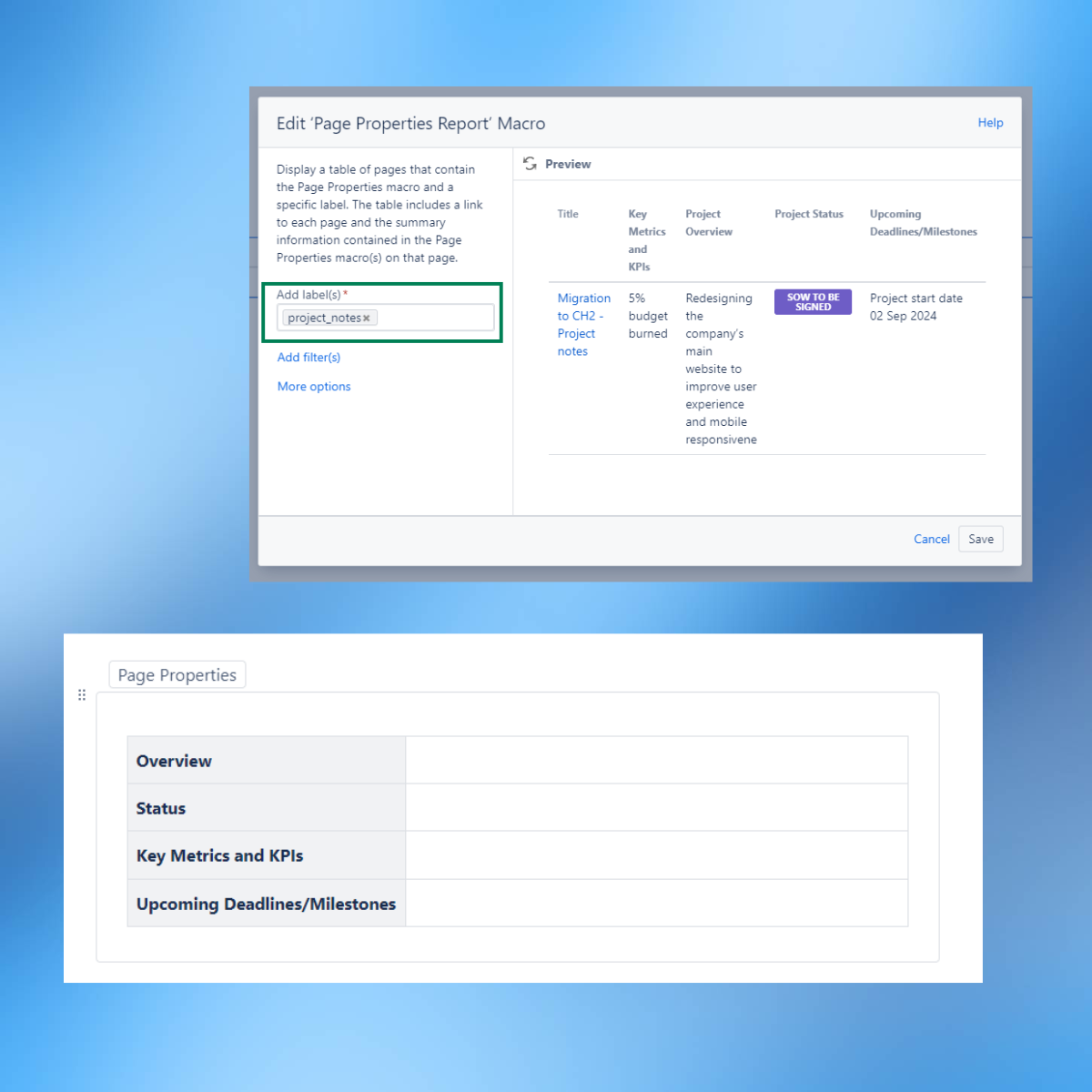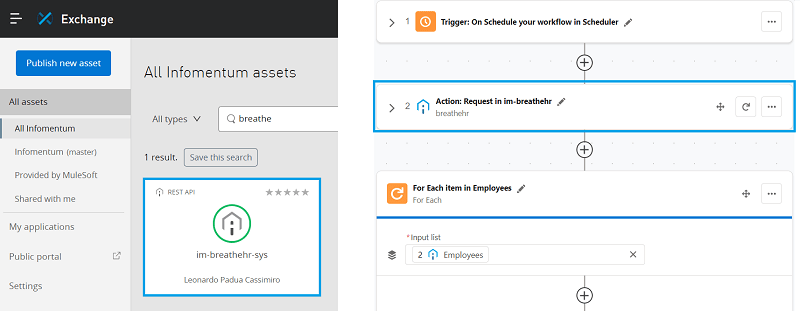I've recently had the opportunity to reflect upon our annual staff appraisal process, specifically around the quality of feedback. One frequent observation is that reviews and comments often lack details, making appraisals challenging. It is especially true for managers who don't work closely with the appraisee and rely entirely on their colleagues' feedback to assess their progress. To address this issue, my colleague and I were asked to revisit the process and suggest what could be improved.
Full disclosure, I don't work in HR, and the appraisal process does not fall into my remit. But maybe as a software developer with 20 years of experience in annual appraisals, I can bring valuable insight into what works and what doesn't.
 Let's face it, very few people enjoy appraisals. We don't like giving and receiving feedback. And it's hard to remember what you did months ago, let alone how to describe your appraisee's talents, skills, drive, and general work ethic.
Let's face it, very few people enjoy appraisals. We don't like giving and receiving feedback. And it's hard to remember what you did months ago, let alone how to describe your appraisee's talents, skills, drive, and general work ethic.
One common drawback of our internal appraisal process is that the quality of feedback isn't always great. We use a combination of star ratings and commentary feedback from peers. A line manager assesses their team members against various characteristics aligned with the company goals, ethos, yadda yadda. Usually, the questions are vague, while the overall process is tedious.
Employees' feedback is collated and passed on to managers, who use it during the annual appraisal ceremony. The issue is very few people provide high-quality, constructive and helpful commentary. More often, they prefer to fill out the star ratings. And it's surprising how few in the whole company score below a 4 in a 5-star rating system. It appears we're all great, which is impossible even statistically. And, if we are all excellent, can we make ourselves better?
Besides rethinking and improving the appraisal process, which my colleague has the exciting task of doing, I'd like to share my thoughts on how to give helpful feedback and, in particular, the negative one.
We're all mature enough to understand that negative feedback is essential to improving who we are and our role in the company, organisation, community, etc. Often there's a financial incentive, a job promotion, or maybe opportunities to work on an exciting project. Or it can be something less tangible like striving to be the best possible 'Me' we can be.
The important thing is we need some way of knowing what we can do better. Whilst it feels great to receive a glowing review at the end of the year, there isn't much we can extract from it to improve ourselves further.
- Positive feedback helps a person improve what they already do by narrowing their focus.
- Negative feedback helps a person expand on what they do. It develops their flexibility and broadens their skillset.
Though both of the above qualities are important, only one is developed if feedback is limited to positive.
So what does good negative feedback look like? Firstly, any review must be constructive, outlining the reason and possibly the solution to the issue.
For example: "They're really good at building widgets". Although this good feedback boosts our esteem, it is bland and unhelpful.
Here's a better way of expressing the same sentiment:
"They're really good at building widgets. I like their enthusiasm, and the team benefits from the high quality of their output."
This review is more personal and shows appreciation of their exemplary attitude. It explains how their contribution positively affects the team's success.
Here's an even better way of giving the same positive feedback. It gets wordy, but the information helps the appraisee understand which areas should be improved.
"They're really good at building widgets. I like their enthusiasm, and the team benefits from the high quality of their output. I think they should consider learning more widgets so that they're able to build a wider range of them. Maybe even some more complicated ones to add an extra challenge. They'll benefit by improving their skills and gaining experience in making widgets. Thus becoming an essential and invaluable member of the widget-building team."
Understanding the appraisee's role and career path is crucial, something we might not be too familiar with. Therefore, the appraiser must take the time to understand these aspects. Better yet, ask their manager about these expectations. Putting together a good appraisal extends beyond simple rating and writing short feedback but includes research and analysis beforehand.
Now for negative feedback. Firstly, negative feedback shouldn't be confused with criticism. It should not be critical, and the annual appraisal is not the place for complaints.
Negative feedback requires a positive mindset. High-quality, constructive negative feedback is about informing the person about something you're unhappy with. And crucially, how they can improve it.
Don't forget the good old Compliment Sandwich approach. It's cheesy and maybe even superficial. But it works wonders! So as before, here's an example of how not to give negative feedback:
"They don't work well with the team".
It's obvious why this feedback is unhelpful! It does not indicate the actual reason, and a subjective opinion is expressed as objective. This kind of phrasing is unnecessarily critical and can be unintentionally hurtful. It doesn't help anyone.
Here's a softer option, though still lacking details:
"I think they're struggling to get along with the team".
At least now we're clear that it's subjective. It feels less accusatory and not as judgemental. But it's not saying anything that can help the appraisee understand where the criticism may be coming from. The person might already know about difficulties in the team, but this shouldn't be assumed. And often, a second perspective helps a person question their assumptions and biases, so it's still worth expanding on what the issue is thought to be.
Here's a much better example that uses the compliment sandwich and contains subjectivity:
"I appreciate all the hard work they put into getting the project over the line. I've sensed they're having some difficulties working with the team. I've felt our conversations have been abrasive. It's made communication stressful and made me want to speak to them less. I've seen this happen with other team members as well. I hope this can be addressed because I think they make excellent contributions to the team meetings and have some brilliant ideas. I'd like to hear more from them and look forward to more pleasant interactions."
It leaves less of a sting, agree?
Though the overall review is less accusatory, the crucial part about their abrasive attitude has been communicated clearly. It explains how their behaviour affects you, something they might not be aware of. Most importantly, after the person was assured how valuable they were, we can bring up the issue of their interaction with the team. Whether there are any opportunities for improving those relationships is a prickly conversation they will have with their manager!
Remember, though, when complimenting a person, don't lie, be genuine and earnest! Sometimes it takes a little digging - which is why you're the highly-qualified appraiser who'll find those positive elements and incorporate them seamlessly into your appraisee's feedback.
The important thing is that you've shared something valuable and non-accusatory that can be used constructively in a productive conversation with their seniors. The ultimate goal of providing feedback is to help us improve skills, address problems and improve.
So to sum up, when giving feedback:
- Remember to make it constructive - always describe how they can improve.
- Don't neglect negative feedback. Negative feedback is not a criticism but one of the best ways to grow.
- Personalise and describe your interactions subjectively. Make it clear that it's something you observed, something you felt, or something you interpreted.
I had to bring up the major elephant in the room - what do you do when rating your colleagues affects salary compensation? Take the cunning Machiavelli approach and score them low to increase the likelihood of your own higher score? Or score them high to help receive a bonus or a pay rise?
When the output of your appraisal might affect your colleague's career (as it so often does), be aware of the trap of tailoring your feedback with those outcomes in mind! It ultimately undermines the quality of feedback appraisers we give, raising fundamental questions around the correlation between remuneration and performance. That's a topic for another day.







